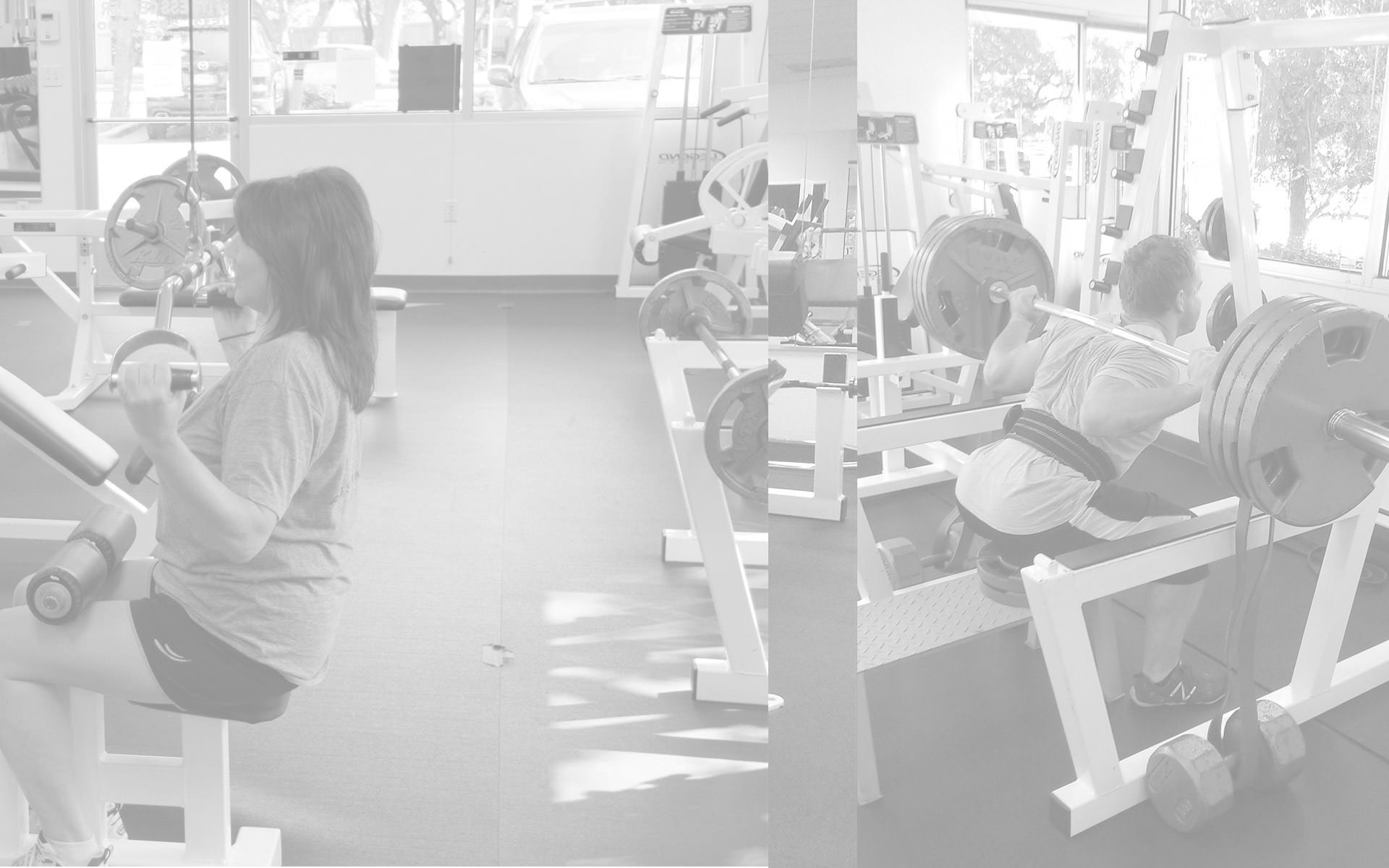4 Common Nutrition Myths
Over the many years I’ve been a personal trainer in Austin, I’ve written many times about proper nutrition. There’s a never ending supply of misinformation and nutrition myths floating all over the internet, from YouTube, to message boards, etc. Naturally, everyone has different fitness goals, as well as different needs, but there are certain universal truths that apply. In this blog entry I’ll be dispelling a few nutrition myths and hopefully setting the record straight in order to end some of the confusion.
1) Carbs will make me fat: This is perhaps the biggest nutrition myth out there. Carbohydrates are an essential source of fuel for our bodies. Fats can be used as fuel, but not nearly as efficiently, and protein, is an abysmal source of fuel. Carbs come in 2 groups. Simple and complex. If you read my essay on carbs, you’ll quickly realize the difference in quality between the two. Carbohydrates can promote water retention as on average, 1 gram of carbs ingested results in 2.2 grams of water retained. Proper hydration coupled with appropriate portion sizes can remedy that, however. Any macronutrient overly consumed will be stored as fat. Including fats, both good and bad ones.
2) If I drink Diet Soda, it’s OK: Another of the great nutrition myths. No soda is good for you in any way. The amount of chemicals, sugars, colorings, etc are all bad for the body and can result in not just obesity, but serious health problems as well. A former client of mine complained she couldn’t lose weight even though her 4 sodas per day were of the diet variety. She finally dropped the soda in favor of water, and presto! She lost the weight. Read my essay on the subject here. Soda, furthermore, dehydrates the body as opposed to replenishing hydration. Once in a while, grab a coke if you must, but your daily driver should be water.
3) Coffee is Harmful: As a longtime Austin personal trainer, this is one of the most misunderstood of all the nutrition myths. Coffee, in and of itself, is actually a healthy drink. It has antioxidants, which combat the free radicals in our systems, for starters. It also tastes great, so the fact that other than water, it’s the world’s most popular beverage isn’t surprising. This isn’t to suggest that all coffees come without consequences. The whipped and/or heavily creamed and sweetened coffees we purchase from the many coffee shops dotting the grid may taste great, but aren’t doing your body any favors. Often times those beverages will have over 50 grams of sugar and come in at over 1000 calories. Tasty, yes, but liquid dessert shouldn’t necessarily be on the menu for those of us looking to get healthier and in better shape.
4) Eating Less Promotes Weight Loss: Here’s another one of the not so straightforward nutrition myths out there. While often times, calories in versus calories out is a viable formula for weight loss, it’s not always the case. Often times there are other mitigating circumstances to consider. Age, medical history, metabolic rate, etc. Another thing to consider is blood sugar levels, especially as we get older, as they tend to be higher. If you eat a sugary snack that packs in 600 calories and then swim for an hour in an effort to cancel the effects of those calories, so to speak, it’s logical, but not always reality. If you spike your sugar high enough, your pancreas will secrete the hormone insulin, and the calories in versus calories out theory just flew out the window.
Ready to Get Started?

Andy

Latest posts by Andy (see all)
- Workout Motivation: How To Get Motivated To Work Out - March 9, 2022
- Body Fat Types: Subcutaneous and Visceral Fats - June 1, 2019
- Why Diets Work If You Stick With Them - April 1, 2019






